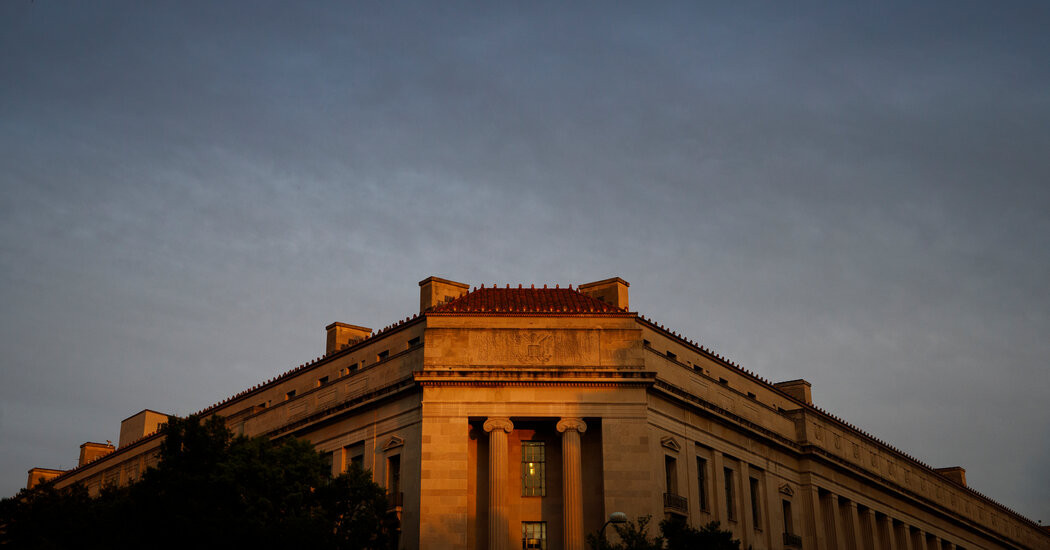

The post-Watergate norm that political leaders should steer clear of criminal cases is being tested from opposite ends of the political spectrum.
The special counsel appointed to investigate President-elect Donald J. Trump is wrapping up his work without the charges he brought in two cases ever going in front of a jury.
The special counsel named to lead the inquiry into Hunter Biden, the president’s son, has just seen the two convictions he secured wiped away by a presidential pardon.
Mr. Trump, whose election victory last month has done nothing to blunt his desire for retribution against those who pursued or opposed him, is trying to install a new F.B.I. director, Kash Patel, dedicated to turning the nation’s premier law enforcement agency upside down.
And President Biden, who for years cast himself as the principled defender of democratic norms and the rule of law, defended his grant of clemency to his son by saying Hunter had been “selectively, and unfairly, prosecuted” in a process infected by “raw politics.”
Over a few days, the American justice system was buffeted by raw exercises of power from the current Democratic president and the incoming Republican president.
Now, current and former officials as well as legal experts say they are worried about whether the post-Watergate tradition that criminal investigations remain largely outside the reach of political leaders can survive an era in which the system is engulfed by partisanship.